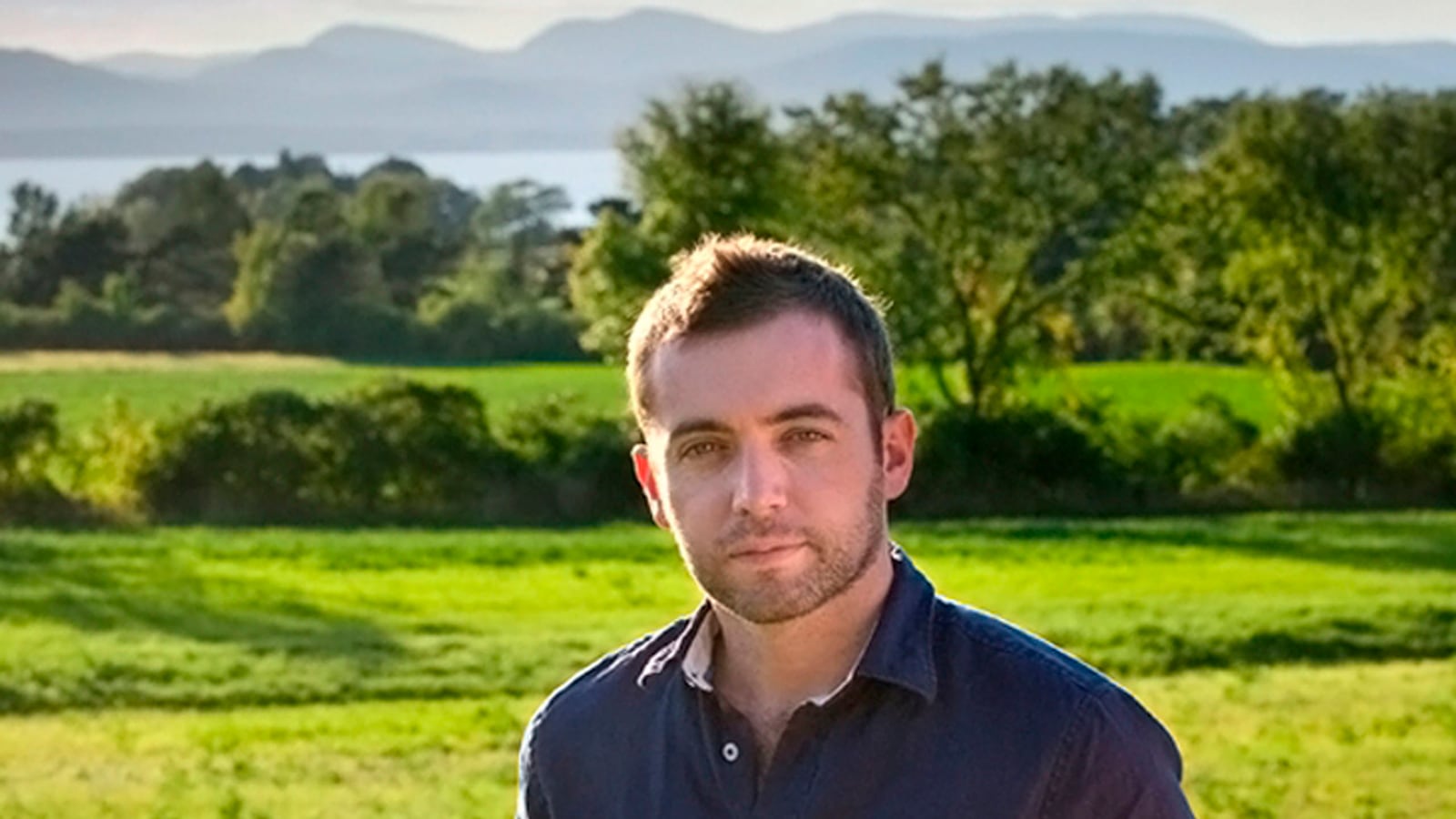I first enlisted in the Army as a private first class in the summer of 1985. Since that time I have served in four combat deployments and been commissioned as an officer, and I presently serve in the Washington, D.C., area. Virtually every time I travel anywhere in this country, kind people always pull me aside and say, “Hey, thanks for your service!” Today I feel an obligation to return the favor and publicly tell a great American how much I appreciate his service. I only wish I’d have done so while he was still alive.

In the early-morning hours of June 18, Rolling Stone contributing editor Michael Hastings was killed in fiery crash in Los Angeles. In an instant America lost one of its most talented and fearless reporters, one who was dedicated to telling the truth, regardless of where it led.
I first met Michael in early May 2011, while I was in Washington on leave from the combat zone in Afghanistan. I agreed to meet him at the behest of a mutual friend, though I was hesitant. Prior to that meeting the only thing I knew about Hastings was that he had authored the Rolling Stone piece that led to the firing of Gen. Stanley McChrystal. Most people I knew in the military believed Hastings to be a raging liberal who hated the military. Yet because our mutual friend held him in such high esteem, I agreed to meet. I am so thankful I did so.
Within 10 minutes of meeting him my opinion had changed dramatically. I found him to be a very rational, honest, and respectful guy. He also showed real interest in and concern for the regular combat troop and was definitely not some “military hater.” Over the course of lunch that day I shared with him my frustration at what I believed to be a significant chasm between what some of our senior military leaders were saying in public and what I knew to be true behind the scenes. Michael told me that didn’t surprise him, because he’d seen it in his own experience over the years and had many soldiers tell him the same thing.
Within days of that meeting I returned to Afghanistan to complete my combat deployment, but our meeting had left an impression on me. Shortly after my return to the U.S. in October 2011, my concerns about the observed truth deficit began to grow to the point where I could no longer remain silent. In part I was motivated to take the risk of publishing my experiences because of the courage I saw in Michael Hastings. I spent virtually the entire month of December 2011 writing my story, which I shared with numerous members of Congress and then in the Armed Forces Journal. On February 5, 2012, the story broke in The New York Times; five days later Michael wrote a very supportive piece in Rolling Stone.
At a time when I was near persona non grata at the Pentagon and a pariah among many of my colleagues, I was very grateful for that support. But Michael didn’t stop with a written piece. Perhaps better than most, he knew what I would be going through personally. He sent me several messages of encouragement, explained to me on the phone several times how things in the media at that level worked, and said, “Call me anytime if you have further questions or need any help at all”—which I did on numerous occasions.
As the months passed, I continued navigating through the mess I had stirred up, Michael continued his inexhaustible drive to find the next big story, and our personal correspondence waned. The last message I sent him was on May 22—barely three weeks before his tragic death. He never responded. Though I could not be considered a close friend of Mike Hastings’s, I grieve his passing on a personal level, because he demonstrated with his actions that he cared about me at a time when it benefited him nothing. But I also grieve for what America has lost.
Mike personified, in my view, what a journalist ought to be: challenging of authority when the facts don’t square with statements, holding officials accountable for their words and deeds, and showing a willingness to report the truth even when threatened with loss of access; in a word: fearless. Too many reporters today, it seems, cow and go silent when so threatened, and as a result the American public is shielded from the truth necessary for a democracy to properly and efficiently function.
Though I will forever regret that I didn’t say this face-to-face when I had the chance: “Thank you for your service to this nation, Michael Hastings. May you rest in peace.”






